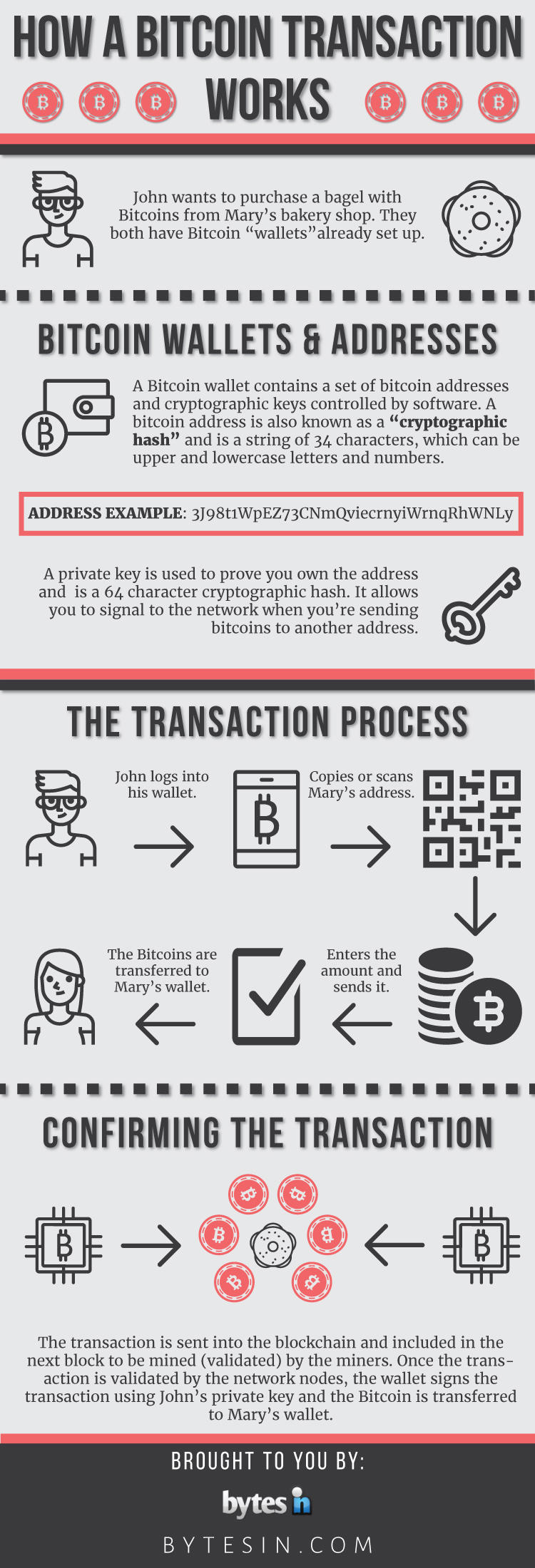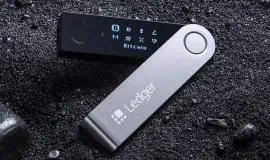Back in December 2017, the value of one Bitcoin has gotten dangerously close to $20,000 and introduced itself even to those who didn’t have a single clue about cryptocurrencies. Now in 2020, the price of Bitcoin rose above $20,000 and it’s predicted to set a new exponential all-time high. It’s true the Bitcoin is the oldest cryptocurrency but since its release 12 years ago many other altcoins have appeared. Even so, it has remained the most popular coin and with its recent rise in value, it motivated an increasing number of people to invest in cryptocurrency. Getting some Bitcoin has become a trivial affair, here’s how you can buy Bitcoin from different reputable marketplaces.
What is Bitcoin?
Bitcoin is the world’s first cryptocurrency and was released in 2009 as open-source software. It’s basically a digital currency which means there are no physical bills and it only exists in a digital form.
While there’s no institution or authority that controls how many bitcoins can circulate, it’s not all chaos. In fact, Bitcoin’s existence is quite organized: transfers are performed via a peer-to-peer network and are tracked using the blockchain. You can think of the blockchain as a ledger that monitors and records each and every bitcoin transaction.
The blockchain’s data structure relies on encrypted Merkle Trees making it impossible to fake or tamper with bitcoins. The blockchain programming also validates transactions and handles how and when bitcoins are produced and earned. In a nutshell, the blockchain is what controls the bitcoins supply. Right now, there are approximately 17 million bitcoins in circulation and the cap is set at 21 million bitcoins.
How does Bitcoin work?
Perhaps the greatest advantage of using Bitcoins is that we rely on pure math for all verification processes. No humans involved. The verifications are performed by volunteers, also known as “miners” using specialized software. The blockchain is constantly verified and updated by miners. Once a set amount of transactions are verified, a new block will be added to the blockchain and the work continues.
So, there’s no centralized transaction verification process. In fact, each transaction is verified by everyone else on the network. That’s when the “miners” come in. Miners use specialized software and hardware to solve math problems. The first one who solves a problem will add the verified block of transactions to the ledgers. All calculations rely on Proof of Work (POW) which is the demonstration that a minimum amount of energy was spent to solve the problem.
Mining has become more and more complicated over the years. When it comes to Bitcoin mining, the most popular method uses ASICS which are hardware systems just like CPU computers but created specifically for mining Bitcoins. As you can imagine, mining in profit these days requires both knowledge and the budget needed for the necessary investments.
How are Bitcoin transactions performed?
All the technology that powers Bitcoin is certainly comprehensive and not that easy to understand as a whole. Luckily, when it comes to performing Bitcoin transactions in the real-world, things are much simpler. Here’s a straightforward infographic that offers a basic example of a Bitcoin transaction and all the steps of the process.
Types of Bitcoin wallets
Since Bitcoin is a type of digital currency, the wallets are also software-based. Even so, there are several types of wallets you can choose from and obviously, you can store, receive, or send Bitcoins without one.
Electronic wallets: Electronic wallets are practically software applications and you can either download them on your computer or host them in the cloud. Cloud-based wallets are easier to access since all you need is a working Internet connection but keep in mind you will allow a third-party access to your private keys.
Software wallets: Software wallets need to be installed directly on your PC and most of them are free and easy to set up. However, you would need to periodically perform backups to an alternate location for safety purposes. Without a backup, you can lose your bitcoin in the event of malfunctioning or stolen hardware. There’s also the possibility of your PC getting hacked in which case the hacker can steal your bitcoin if he manages to find your wallet or private keys.
Online wallets: Online or cloud-based wallets can be accessed from any Internet-connected device as long as you have the proper login credentials. A lot of them also provide desktop and mobile apps. Nevertheless, your private keys will be stored in the cloud so if you choose such a wallet, make sure the host has robust security measures and can be trusted with your money.
Some of the most popular online wallets such as Blockchain.info and Coinbase also provide the possibility to exchange Bitcoins with other cryptocurrencies and provide useful security features, including offline storage.
Mobile wallets: Mobile wallets come as smartphone apps and come in handy especially when you want to purchase products with Bitcoins in physical stores or if you want to perform transactions on the go. Most online and desktop wallets also offer mobile versions, so there are plenty of options to choose from.
Hardware wallets: You can think of hardware wallets as USB flash drives. However, these devices are specifically designed to store your private keys and allow you to connect to the blockchain whenever you need to perform transactions. They are one of the most secure types of wallets because your private keys always remain in your possession, guarded by a pin or passphrase om the device so hacking is pretty difficult.
Paper wallets: These are exactly what you probably imagine. A piece of paper on which you write down or print the private and public keys of a Bitcoin address. Obviously, they can never connect to the web, so they’re “unhackable”, so to speak, but paper is easy to damage or steal and that’s a risk you will have to take if you opt for a paper wallet.
Pros and cons of using Bitcoins
Bitcoin’s success relies on its decentralized nature. It doesn’t depend on any government or official authority and provides immense freedom. You could literally carry a huge fortune in Bitcoins in your pocket from one country to another and use them to buy whatever you want without having to wait for the delays imposed by bank transfers. Lower fees are also one of the main attraction points. Since Bitcoin payments don’t rely on an individual’s personal information they are also anonymous and do not pose the risk of identity theft. The blockchain public ledger ensures transactions are validated and no one can fake or multiply coins, which is certainly not the case with real money.
With all the pros of using Bitcoins, cryptocurrencies still have some downsides. For now, most governments around the world haven’t issued well-thought laws and regulations for cryptocurrencies. As a result, Bitcoin isn’t illegal but it’s not 100% legal either. Some countries such as Finland are considering adding cryptocurrency taxes because mining them uses a large amount of electricity.
Also, decisions and opinions of governments seem to drastically influence the price of Bitcoin and other cryptocurrencies. It’s safe to say the crypto-market is quite volatile these days. Another thing that has negatively affected the value of crypto-coins are hacked exchange markets. When an exchange market gets hacked, the Bitcoin system remains untouched but the fact that someone managed to rob a huge amount of Bitcoin from a well-known platform seems to cause turmoil on the market and lead to sudden price drops.
The volatile market has attracted numerous investors looking to gain huge profits but also caused businesses to be shy about adopting Bitcoin as a form of payment. Also, while many people have heard of Bitcoin, there are still only a few who understand what it is and how it works.
As you can see, the power of Bitcoin and any other cryptocurrency lies in its users. The more people mine it and use it, the more stable the market will become and businesses will be encouraged to adopt this form of payment and even invest in it. Hopefully, this guide has helped you get a basic understanding of the Bitcoin and cryptocurrency concepts. If you have questions to ask, please join our forums for some interesting talks!













![[Guide] Enable the hidden ‘Condensed’ display mode on Samsung Galaxy S7 and S6 Enable the hidden 'Condensed' display mode on Samsung Galaxy S7](https://www.bytesin.com/wp-content/uploads/2016/04/Activate-the-hidden-Condensed-display-mode-on-Samsung-Galaxy-S7-120x70.webp)

